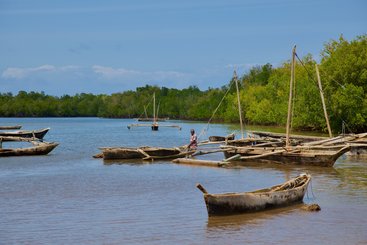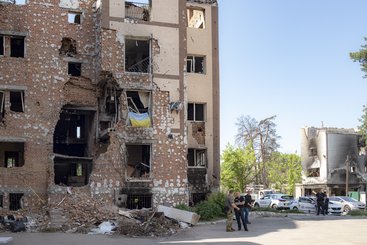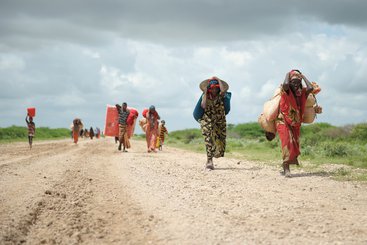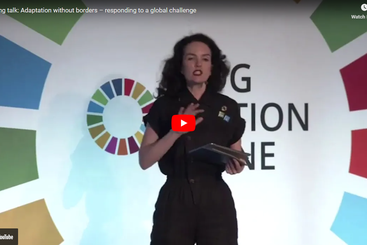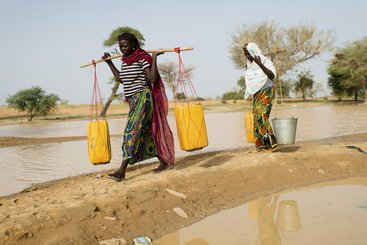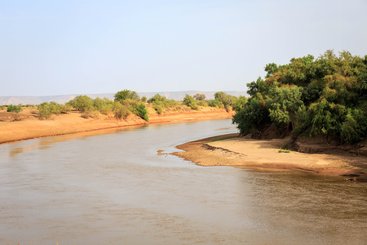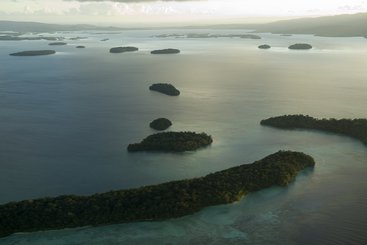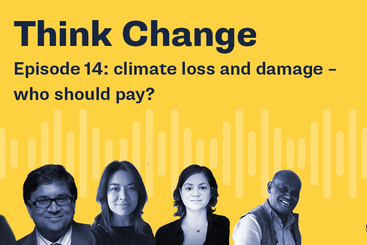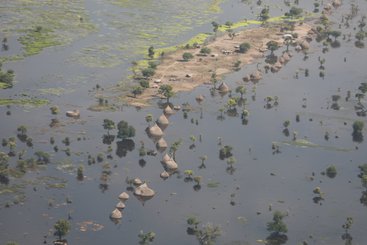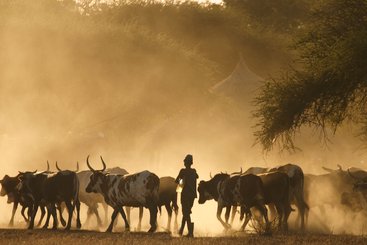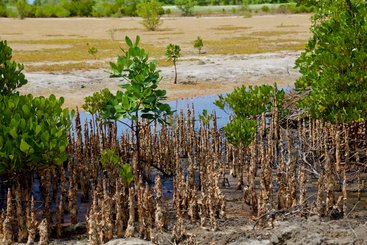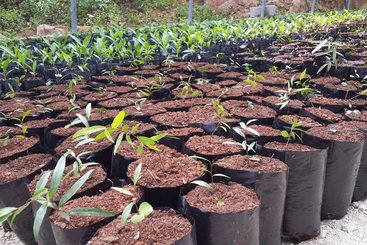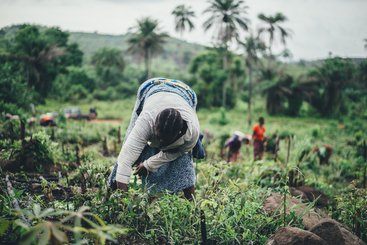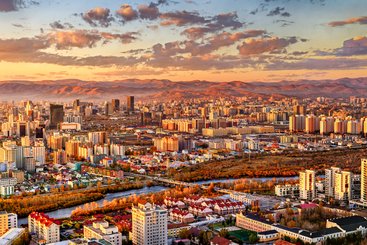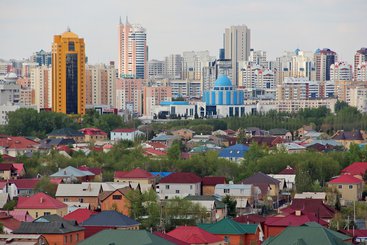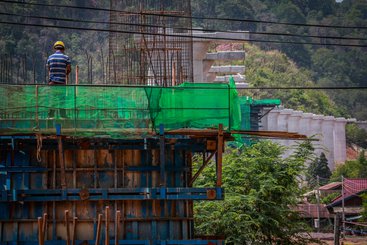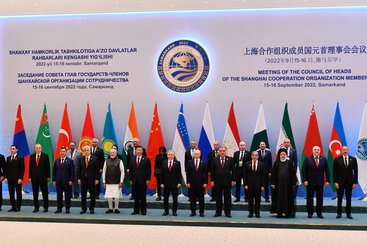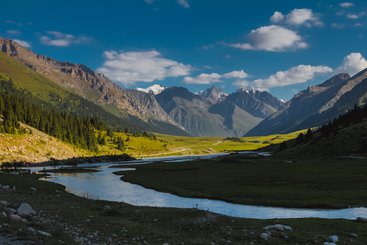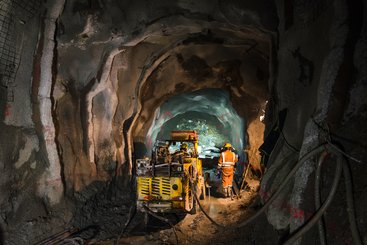
Jump to our work on:
- Climate risks and resilience
- Geopolitical risks
- More
What we do
New and emerging global threats, from climate change to pandemics, are more complex and interconnected than ever before. If not handled effectively, these risks could completely alter our socio-economic, environmental, peace and security systems.
ODI’s Global Risks and Resilience programme promotes risk-informed development. Our international team of experts work with policymakers and businesses across different sectors and countries: supporting them to understand risks, acknowledge trade-offs, and build resilience in a rapidly changing world.
Our risk-informed development (RID) approach assesses complex threats, and helps development decisionmakers to understand the risks, opportunities, uncertainties and options they face. This foundational report explains the importance of RID, and why “only resilient development can become sustainable development".
Our latest work
Understanding transboundary climate risks
Climate change does not respect borders, yet transboundary climate risks remain a neglected topic of research and policy. The Global Risks and Resilience programme pioneers research into understanding these risks, as well as the impacts and trade-offs that the adaptation and mitigation actions of one country can create for other countries. Our evidence is used to advise institutions, policymaking bodies and others on how to work together to reduce risks and more effectively build climate resilient development.
Supporting resilient Small Island Developing States
Small Island Developing States (SIDS) face unique climate challenges. ODI’s global advisory network, the Resilient and Sustainable Islands Initiative (RESI), works with SIDS and their partners to build more resilient economies and societies, and achieve climate justice.
Reducing the conflict blind spot in climate finance
Building resilience to a changing climate is particularly important for people living in fragile and conflict affected situations (FCAS) as they face compounding and cascading risks from multiple threats – such as conflict and climate change. They are amongst the most vulnerable and least ready to adapt to climate change yet they receive the least in climate finance. Global Risks and Resilience supports decision-makers and key international processes, including the UN climate conferences, to increase the quality, quantity and effectiveness of climate finance to FCAS.
Adapting to a changing climate
Global Risks and Resilience generates research and advises decison-makers on effective, inclusive climate change adaptation. This includes promoting locally led and gender-responsive adaptation work, and understanding how nature-based solutions can be a key part of more sustainable development in a changing climate.
Understanding transitions
Supply chain disruptions, new technologies, shifting norms, changing economies and other transitions create significant opportunities and risks. Global Risks and Resilience supports businesses and decision-makers to understand these complex changes, and how to minimise negative trade-offs.
China 2049
How China views and responds to global risks has significant relevance to world affairs. With its wealth of China expertise, Global Risks and Resilience generates in-depth analysis of how the country is addressing global challenges and risks: going beyond day-to-day coverage to provide reports, commentary, training and bespoke advisory services to a wide range of stakeholders.
Follow our climate work
Follow us on Twitter to get our latest analysis on climate issues including adaptation, loss and damage, and more.
Our team
-

Rebecca Nadin
Director of Global Risks and Resilience programme
-

Adriana Quevedo
Senior Research Officer
-

Anna Locke
Senior Research Associate
-

Aoife McCullough
Research Associate
